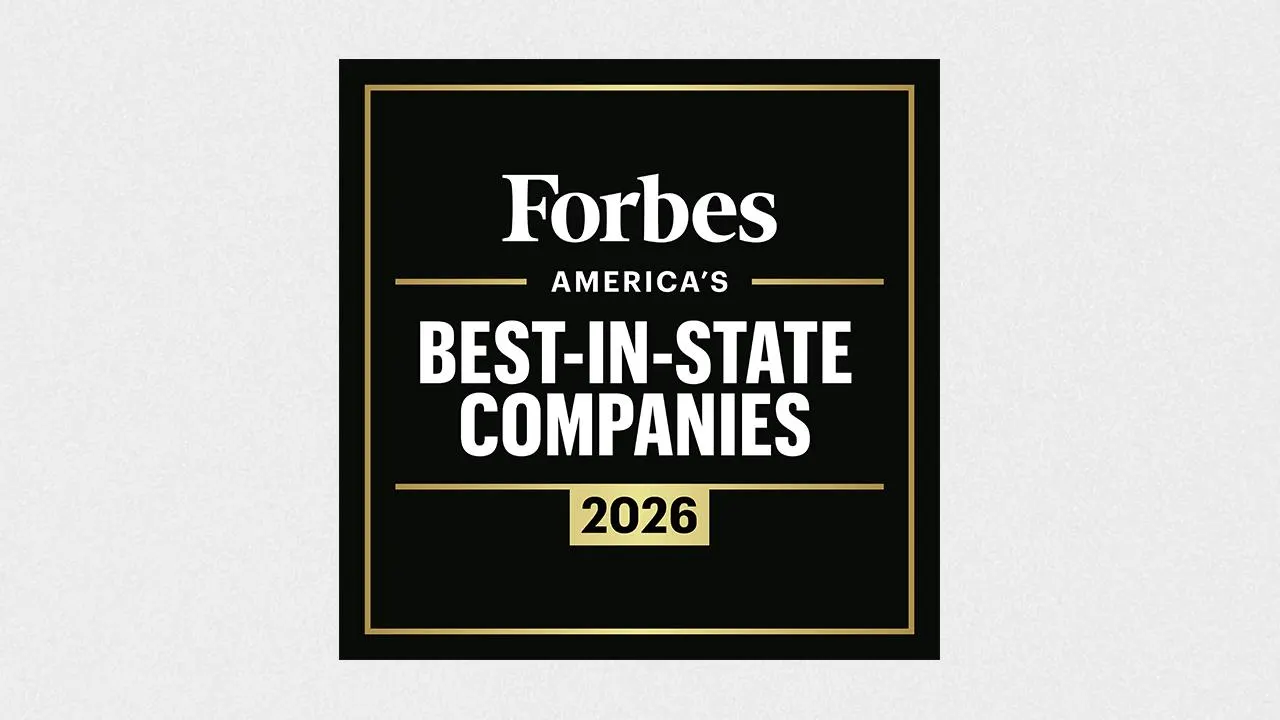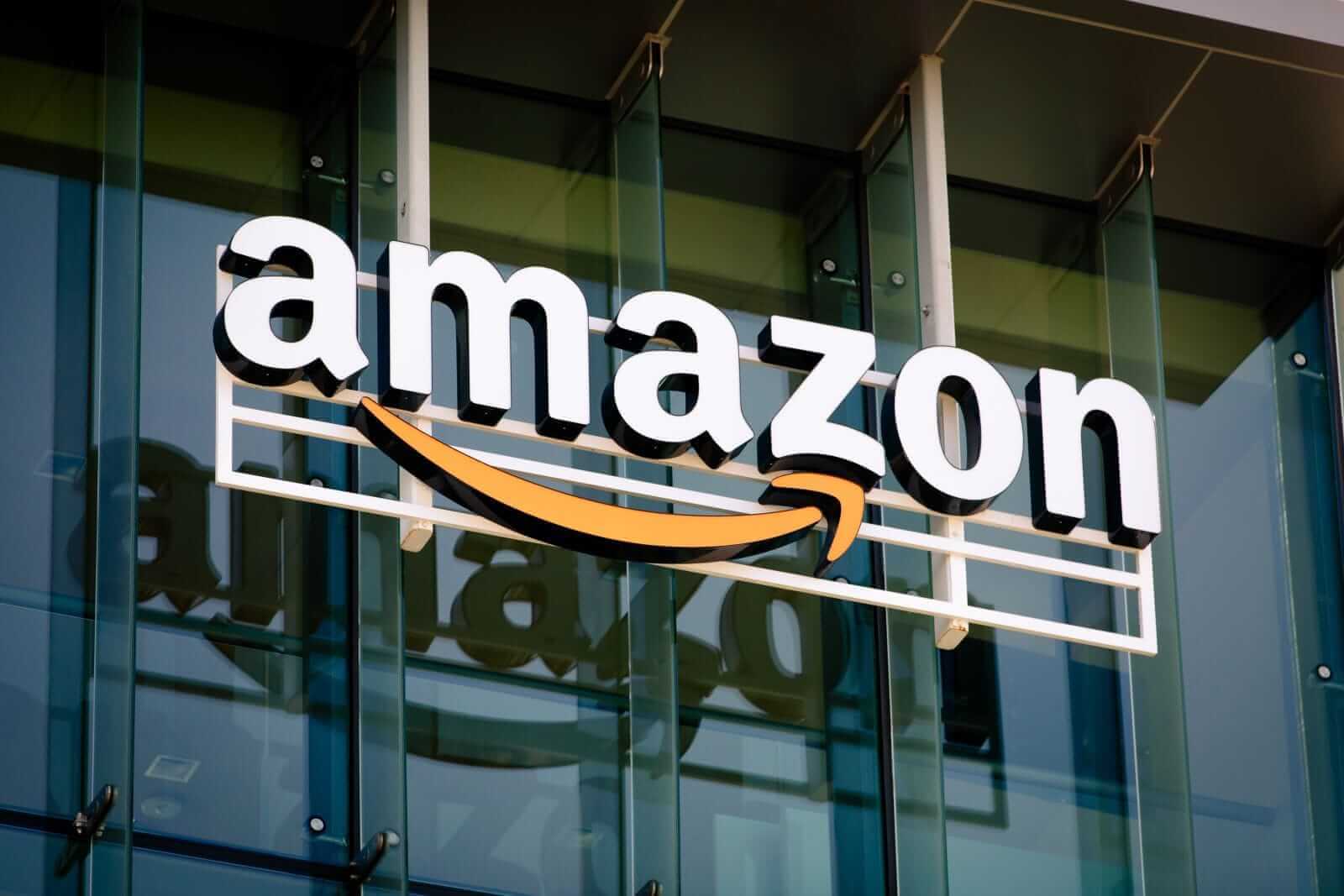Copyright Forbes

National rankings of companies can have a built-in bias: they tend to favor larger companies in larger states with larger markets and, in turn, larger potential profits. Forbes’ annual America’s Best Companies list is understandably dominated by sizable companies based in the likes of California, New York and Texas. But what about a 10-store grocery chain in Rhode Island? And similarly small companies in smaller states that rarely get any recognition? This is why Forbes, on November 19, will unveil its first-ever America’s Best-in-State Companies rankings, published in concert with our second-annual national America’s Best Companies list. The Best-In-State rankings will use a unique methodology to evaluate companies only against others based in the same state, ensuring that those in less-populous areas don’t have to compete against behemoths like Apple and Amazon. The Best-in-State model rates companies based on their consumer ratings (from data partners Yelp, Google and Bright Data), employee ratings (Glassdoor), size (Data Axle) and more. Companies were assigned to the states in which they are headquartered; for example, Walmart could make only the Arkansas list. Companies that were prominent enough to have been evaluated through our national methodology also were rated on cybersecurity, media sentiment, sustainability and other factors pertaining to business quality; however, small companies without that data were neither hurt nor helped during this process. Companies based in the United States (including foreign companies if they have a U.S. headquarters, such as Toyota) were eligible. In general, government entities and nonprofits such as schools and colleges, libraries, parks, assistance and referral programs, organizations and associations, and hospitals/health centers were not considered. About 5,000 companies total were analyzed; each state, depending on its population, received approximately 5 to 25 listees. A total of 750 will make the final list. As with all Forbes lists, companies did not pay any fee to be considered or selected. For more questions about this list, email listdesk {at} Forbes.com.



